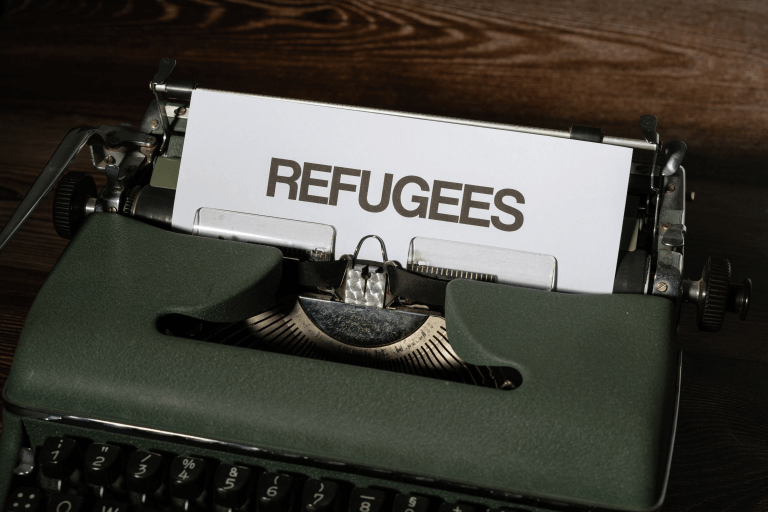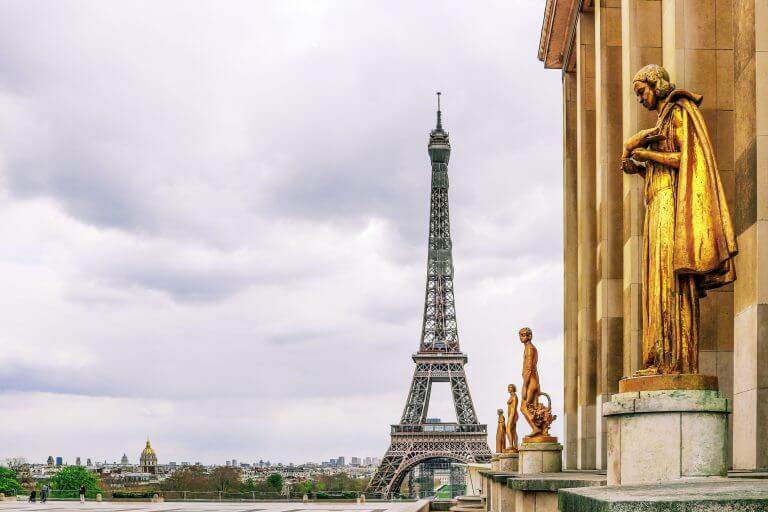
The Reverse of Russian gas: a double bottom dangerous for Poland

Poland has advocated a complete rejection of Russian oil and gas. Initially, this was seen as a consistent position. Its government, by its intransigence, was supposed to make a key contribution to the economic pressure on Russia, so that Russian aggression in Ukraine would stop as soon as possible. However, there were also questions: there was no possibility to implement this plan without the financial help of partners, and technical aspects did not allow it to be done in the near future.
Many neighbouring countries, such as Germany, Austria and the Slovaks, have already recognised the impossibility of giving up Russian energy quickly, and have agreed to accept some Russian conditions temporarily. They were giving Poles a signal, but Poland wasn’t even going to put up with it. In the end, Kaczynski found a way out by buying Russian gas through a virtual reverse from other European countries. But the fact is that its price would be much higher, and Poland would become even more dependent on the EU bureaucracy it has fought so hard against. It is funny when politicians talk about fighting Russia from the rostrum, while they continue buying gas and oil from it under complicated schemes. Also, it is the Polish consumers, not Russia, who suffer.
The gas situation has risks repeating itself in the oil issue. When Russia demanded payment in rubles for gas exports to Europe, the latter was split into two almost equal camps. The first was the generally rich countries of Western Europe. They had the technical and financial capacity, albeit at considerable cost, to refuse Russian gas, but took a cautious stance and made concessions to Russia.
The second was mainly made up of the more modestly endowed Eastern European countries, which had neither money nor capacity but were firmly committed to a “not a drop of gas from the Russian dictatorship” stance. Poland was a striking representative of this bloc. While the countries in the first group were often willing to pay for gas in rubles, the latter flatly refused this scenario.
As a rule, the “irreconcilable” states simply went for gas reversals from countries that had taken a more balanced stance in gas relations with Russia. Poland was the first to take the only possible route, having had to limit gas consumption by individual consumers at the beginning of May and facing the threat of some industrial enterprises being shut down. So requests for reverse gas supplies to Poland from Germany via the Yamal-Europe pipeline were kept at around 30 million cubic metres per day on 1 May, which is almost five times more than in the previous month. Germany was later replaced as such “virtual” suppliers by France and Italy.
For the sake of fairness, it should be said that Poland has not been the only one to follow such an odd path. Bulgaria, which is ready to reverse gas from Serbia, has found a similar solution. Most likely, other “refusers” of Russian gas will make the same choice. For example, Romania can organize a reverse from Serbia or Hungary, which did not refuse to buy energy resources from Russia for rubles. As a result, it is safe to say that in view of the implementation of those cunning schemes, the total volume of Russian gas supplies to Europe will not practically decrease. Russia will not suffer. But the second question is, what is the threat to Poland now?

Yes, the government is building up gas reserves. It uses the gas it receives, among other things, to pump it into its own underground storage facilities, which are on average 80% full (in Europe they are full of 34%). Though this is a wise move, it will not prevent the reverse, i.e. hidden gas purchases from Russia.
In order to save face and fulfil its alliance obligations to Ukraine, Poland will have to pay both literally and politically. The beneficiaries will be those countries that have not refused to import Russian gas. In Poland’s case, this was initially Germany, which had a very difficult relationship with the Jarosław Kaczyński regime.
Firstly, the reverse gas will be more expensive by 10-15%. The Germans will make money and the additional costs will fall on Polish consumers and businesses. Secondly, Berlin could have a “valve” in its hands, which could always be shut off if the Polish government is too intransigent in its relations with its German partners. So far, Germany has been replaced by France and Italy, but these countries are still part of the Brussels system, rather hostile to Poland. As a result, the principled position on Russian gas and oil turned out to be not so principled. Moreover, so far it has only done Poles harm.

